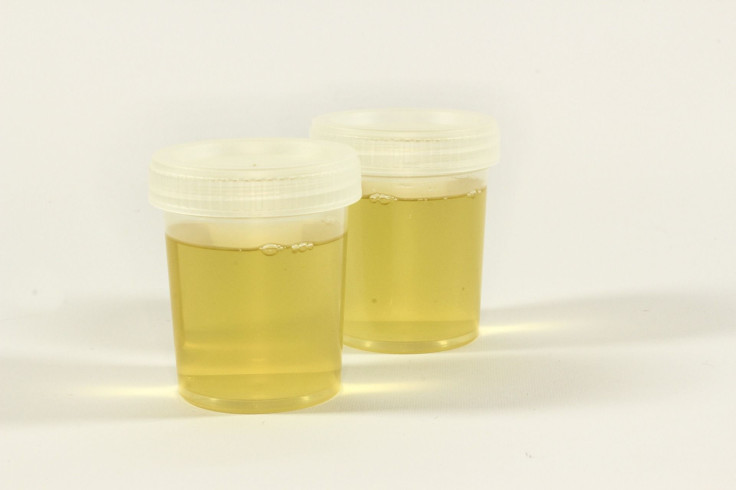Drug Test Tip: Avoid These Products That Could Test Positive

It’s a nightmare no one wants. You apply for that high-paying job you’ve always wanted only to receive a call, saying you tested positive for the presence of quinine in your blood. Then the HR guy at the other end tells you quinine is often mixed with other illegal drugs such as cocaine and heroin. How do you explain that? You tell him you only had a glass of tonic water before the test. He hangs up.
It’s not your fault. Not many people know tonic water usually has quinine in it. Quinine is a medication widely used to treat malaria. Unfortunately, drug pushers also use quinine as a cutting agent to "cut" (dilute or adulterate) recreational drugs such as cocaine with something less expensive than the drug itself.
Tonic water is one of only a few common foods, drinks and medicines that will make you test positive for drugs. For your peace of mind, here are some of the most common foods and drinks that will make you test positive for drugs.
Cocoa tea
Avoid cocoa tea at all costs before a drug test. Drinking cocoa tea within 36 hours of taking a drug test can return a positive result for cocaine. It only took about two hours for participants in a study to test positive for cocaine after consuming the tea.
Cocoa tea isn’t that popular in the U.S. – yet. It’s a hot drink from the Caribbean island of St. Lucia and is brewed from roasted cocoa nibs.
Vitamin B
Some B vitamins can possibly make you test positive for THC (tetrahydrocannabinol), the compound in marijuana that gets users high. Vitamin B2 or riboflavin is especially worrisome, so don’t take this vitamin before you take a drug test. Hemp seed oil is sometimes used to produce vitamin B2 supplements.
Cough syrup
Taking ibuprofen, cough suppressants or diet pills might cause a person to test positive for drugs like PCP (phencyclidine) or THC, according to some doctors.
Over-the-counter cough suppressants with dextromethorphan such as DayQuil have been associated with false positives for PCP. Ibuprofen, a pain and fever reliever, and other NSAIDS might produce false positives for THC.
Hemp seeds
Hemp seed-based products such as hemp oil and milk are legit but can contain trace amounts of THC. If you consume hemp-based foods regularly, THC can build up in your body’s fat cells. Unfortunately, drug tests can’t tell the difference between hemp seed THC and THC from recreational pot. THC can linger in human fat for up to about 45 days, so avoid these foods for at least a month before taking a drug test.
Published by Medicaldaily.com



























